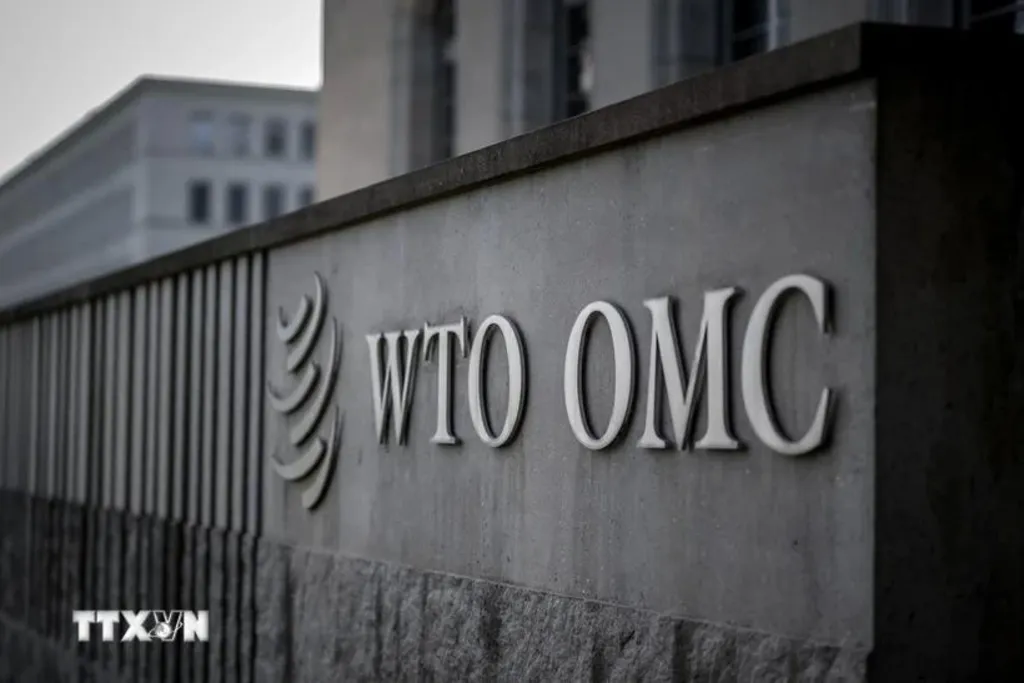 |
| The WTO headquarters in Geneva, Switzerland__Photo: VNA |
The World Trade Organization (WTO) on October 10 released its Global Trade Outlook and Statistics, in which it affirms Vietnam and Mexico have emerged as “connecting” economies – stepping in as the source for many products - in the restructuring of global supply chains that serve the US market.
In its report, the WTO revised its forecast for world merchandise trade growth in 2024 to 2.7 percent, up slightly from the previous estimate of 2.6 percent, and to 3.0 percent in 2025 from 3.3 percent previously.
The fastest growing region in 2024 is likely to be Asia, where output is expected to climb to 4.0 percent, while the slowest growing region is likely to be Europe at 1.1 percent.
The organisation assessed that Europe has continued to weigh heavily on global merchandise trade in 2024, acting as a drag on overall performance for both imports and exports. The main sectors driving the European negative export performance are chemicals and vehicles. Organic chemicals, which are precursors to other medicines, are reverting to trend after a surge in demand during the pandemic. The contraction in the automotive sector raises more concerns due to potential ripple effects across value chains.
In European imports, the largest contraction was in machinery, with a substantial reduction in imports from China. This reduction is not simply the result of fragmentation, since similar declines are observed across geopolitically aligned economies such as the US, the Republic of Korea (RoK) and Japan. Conversely, imports from India and Vietnam are rising, hinting at their emerging role as “connecting” economies, it said.
In contrast, Asian exports are experiencing a rebound, driven by key manufacturing economies such as China, Singapore, and the RoK. Japan, however, remains stagnant, with exports flat in 2024 following a contraction in 2023. On the import side, Asia presents a mixed picture. Chinese import growth remains moderate, while Singapore, Malaysia, and other Asian economies, including India and Vietnam, show stronger growth.
Several economies in Asia saw big increases in both exports and imports while others in South America and Europe recorded declines, particularly on the import side. For example, Vietnam’s exports and imports rose 16 percent and 18 percent, respectively, compared to the first half of 2023. Singapore also saw a 6 percent rise in exports and a 9 percent jump in imports, according to the report.- (VNA/VLLF)









